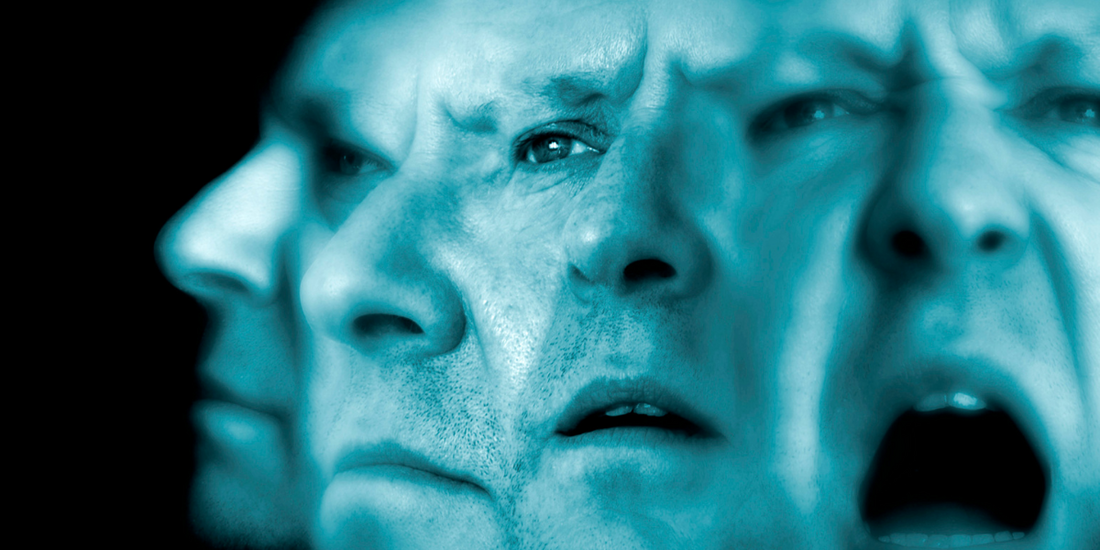The concept of the "spirit of schizophrenia" refers to a belief in some spiritual or religious circles that the symptoms of schizophrenia may be caused by a malevolent spirit or entity. This belief is not supported by scientific evidence and can be harmful to individuals with schizophrenia or other mental health conditions. In this blog, we will explore the seven signs associated with the "spirit of schizophrenia" and discuss how to support individuals with schizophrenia through evidence-based treatments.
The seven signs associated with the "spirit of schizophrenia" include:
- Hearing voices or experiencing other hallucinations
- Paranoia or feeling like someone is out to harm you
- Delusions or false beliefs
- Disorganized speech or behavior
- Apathy or lack of motivation
- Inappropriate emotional responses
- Difficulty with social interactions
It is important to note that these symptoms are also present in other mental health conditions and are not exclusive to schizophrenia.
There is no evidence to support the idea that a spirit or entity is responsible for causing schizophrenia. Schizophrenia is a complex disorder with many contributing factors, including genetics, brain chemistry, and environmental factors. The root cause of schizophrenia is not fully understood, but it is believed to be a combination of genetic and environmental factors that lead to changes in brain structure and function.
There are no specific spiritual beliefs associated with schizophrenia. Like all individuals, people with schizophrenia may hold a range of beliefs about religion or spirituality. It is important to respect an individual's beliefs and not attribute their symptoms to their spiritual beliefs.
It is also not accurate to say that all individuals with schizophrenia are close to God or believe in God. Again, individuals with schizophrenia are diverse and may hold a range of beliefs.
To support individuals with schizophrenia, it is essential to provide evidence-based treatments such as medication and therapy. Medication can help reduce symptoms such as hallucinations and delusions, while therapy can help individuals manage their symptoms and improve their quality of life. It is also important to provide support and understanding to individuals with schizophrenia and to combat stigma and misinformation about the disorder.
It is important to note that attributing schizophrenia or any mental health condition to a malevolent spirit or entity is not supported by scientific evidence and can be harmful to individuals with mental health conditions. This approach can lead to delays in seeking evidence-based treatments and can exacerbate symptoms.
While some individuals may seek spiritual or religious approaches to managing their mental health, it is important to prioritize evidence-based treatments and to work with trained mental health professionals.
The Bible does not specifically mention schizophrenia, and it is not accurate to say that the symptoms of schizophrenia are caused by a spirit or entity. However, some individuals may seek deliverance or spiritual approaches to managing their symptoms.
It is important to approach these beliefs with compassion and understanding while also providing accurate information about the disorder and the importance of seeking evidence-based treatments. A person with schizophrenia may benefit from spiritual support in addition to medical treatment, but it is important to prioritize medical treatment as the primary approach.
In conclusion, while some individuals may believe in the concept of the "spirit of schizophrenia" and seek deliverance or spiritual approaches to managing their symptoms, it is important to prioritize evidence-based treatments and to work with trained mental health professionals. It is also important to approach these beliefs with compassion and understanding while providing accurate information about the disorder.
